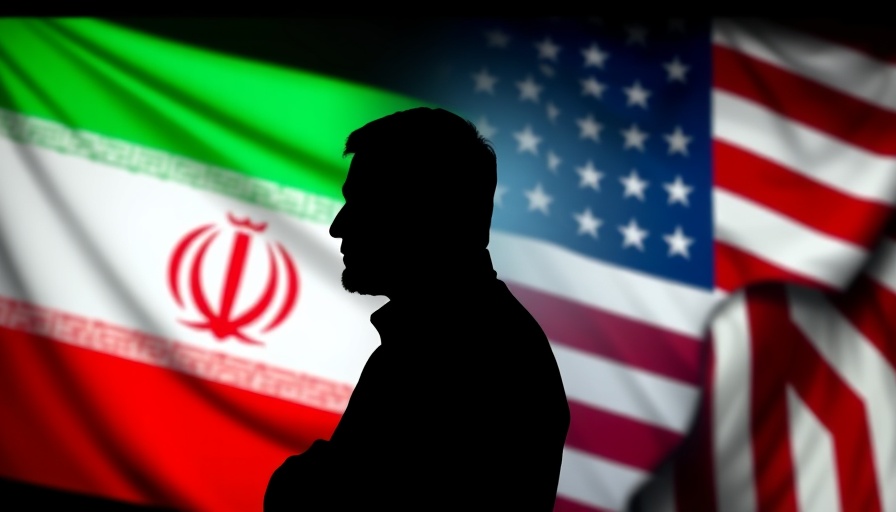
Understanding the Stakes of the Iran-US Summit
Recent developments have escalated tensions in the ongoing negotiations regarding Iran's nuclear program. As Iranian Supreme Leader Ali Khamenei has tasked the foreign minister with negotiating, it appears that the talks are strictly confined to the nuclear issue. This limitation is striking, especially given Iran's recent activities of enriching uranium up to 60%. This level is alarmingly close to weapons-grade material, triggering a wave of concerns from Western leaders.
Why This Matters in a Global Context
The focus on nuclear negotiations may seem narrowly defined, yet it holds profound global implications. For instance, a failure to reach an agreement could lead not only to heightened military tensions in the region but also to a broader destabilization of international relations. Israel's warnings further underline the urgency; Prime Minister Netanyahu has asserted that they will take all necessary measures to prevent Iran from achieving nuclear capabilities.
Iran's Position and Western Response
Interestingly, while Iran seeks to limit the dialogue to the nuclear quandary, they are simultaneously refusing to engage in discussions about missile programs. This stance raises skepticism among negotiators in Washington and allied countries. There are indications that Iran is demanding sanctions relief as a precondition for discussion, creating significant gaps between their stance and that of the United States.
The Role of Israel in the Negotiation Dynamics
Israel plays a crucial part in these negotiations. While the United States aims to curb Iran's nuclear ambitions through diplomacy, Israel does not have the same patience for talks. The Israeli government's readiness for action enhances the complexity of the diplomatic landscape, leaving many apprehensive about the next steps. The looming threat of possible military responses adds another layer to this negotiation scenario.
Potential Impacts on Religious Freedom and Humanitarian Efforts
For mission-minded individuals and humanitarian-focused Christians, the implications of the Iran-US talks extend beyond national security. There is a sympathetic humanitarian concern regarding the impact of sustained sanctions on the Iranian populace, among whom many Christians and minority groups suffer discrimination and persecution. Awareness of these dynamics can inspire support for advocacy efforts regarding human rights in Iran.
Conclusion: Engaging in the Dialogue for Peace
As Christian supporters of social justice and advocates for the persecuted church, it is vital to stay informed about these geopolitical challenges. Engaging in dialogue about these issues can create pathways toward greater understanding and perhaps, peace. The situation is complex, but the call for awareness and advocacy has never been more critical.
 Add Row
Add Row  Add
Add 








 Add Row
Add Row  Add
Add 

Write A Comment